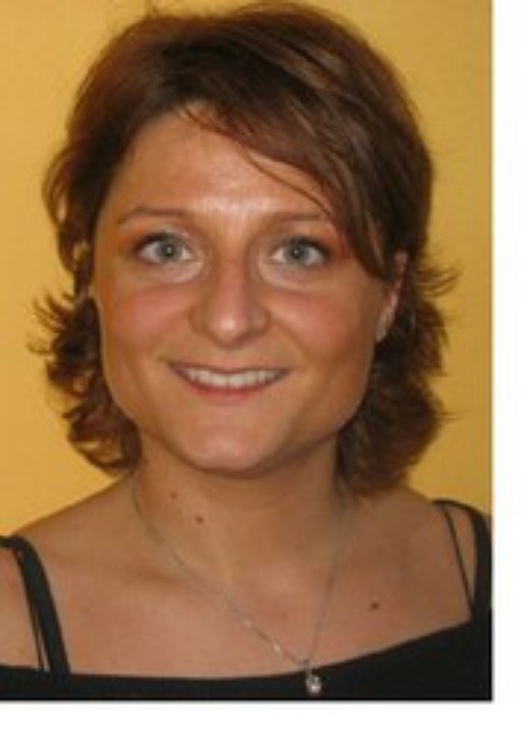Our Erasmus experience
Published on
Translation by:
 marisa aitken
marisa aitken
Aurélie and Annalisa. Two different journeys but the same message; a university exchange is much more than just something else to put on your CV
'I had changed, but no-one else noticed'
Aurélie Chaudieu, from France and a 25 year-old international project manager for an NGO
Erasmus? Indescribable. I studied Geography at Roskilde University in Denmark during 2004. From there I was sent to undertake a field study in Sweden on the Sami, an ethnic minority group. During the Erasmus programme myself and the other participants became like a family, as if to protect ourselves from the outside world of a country whose subtleties we didn't appreciate straightaway. I met people who, if I had been in my own country, I would have quite simply ignored. Instead they became my lifeline.
Once I was back home I realised that Erasmus had become a bubble within which I had ended up isolated from my 'previous' life. Just like when you start idly-chatting over dinner and find that your friends haven't changed. I, on the other hand, had become a different person but I was the only one to notice it. Today, after three years, I feel that Europe has become a part of my everyday life; in my work, because many of the projects which I work on are funded by the European Commision and in my personal life thanks to my friends all over Europe. Also, I have formed a view that Erasmus is the start of something very important; the building of a people's Europe which goes much deeper than something economic.
'I was a pioneer of the project and one of its 'patients'
Annalisa Zinani, a 34 year old from Italy who is currently looking for a career as a financial controller
 I studied Economics at Marseilles in 1995. That was at the very beginning of the Erasmus programme and everything was a battle; getting your grant, making contact with the university, the struggle to explain to the lecturers what exactly the project was all about so that exams were recognised. Also, we had to explain our reasons for going to our families. It was a survival exercise which I have often compared to military service for getting to know other Europeans. At the beginning, we found ourselves able to look at and understand things in a different way than we had before so that over time we became enriched by tolerance and curiosity whilst always being fully immersed in our learning. You discover that the human world and the geographical world are like a rainbow made up of infintessimal shades of colour with every person representing one of those different shades.
I studied Economics at Marseilles in 1995. That was at the very beginning of the Erasmus programme and everything was a battle; getting your grant, making contact with the university, the struggle to explain to the lecturers what exactly the project was all about so that exams were recognised. Also, we had to explain our reasons for going to our families. It was a survival exercise which I have often compared to military service for getting to know other Europeans. At the beginning, we found ourselves able to look at and understand things in a different way than we had before so that over time we became enriched by tolerance and curiosity whilst always being fully immersed in our learning. You discover that the human world and the geographical world are like a rainbow made up of infintessimal shades of colour with every person representing one of those different shades.
With Erasmus starts a new life and a new excitement, the pursuit of which never goes away. The huge sense of freedom you now have makes you begin to use your own, internal, 'compass' to find your way. But be careful. I think in the coming years we will hear people talking a lot about a sort of 'illness'; you can end up not really understanding this compass of yours anymore because it is searching for balance and equilibrium with ever-shifting points of reference. But it's worth the effort.
Photo homepage: (ichaka/ istockphoto)
Translated from «Vi raccontiamo il nostro Erasmus»


